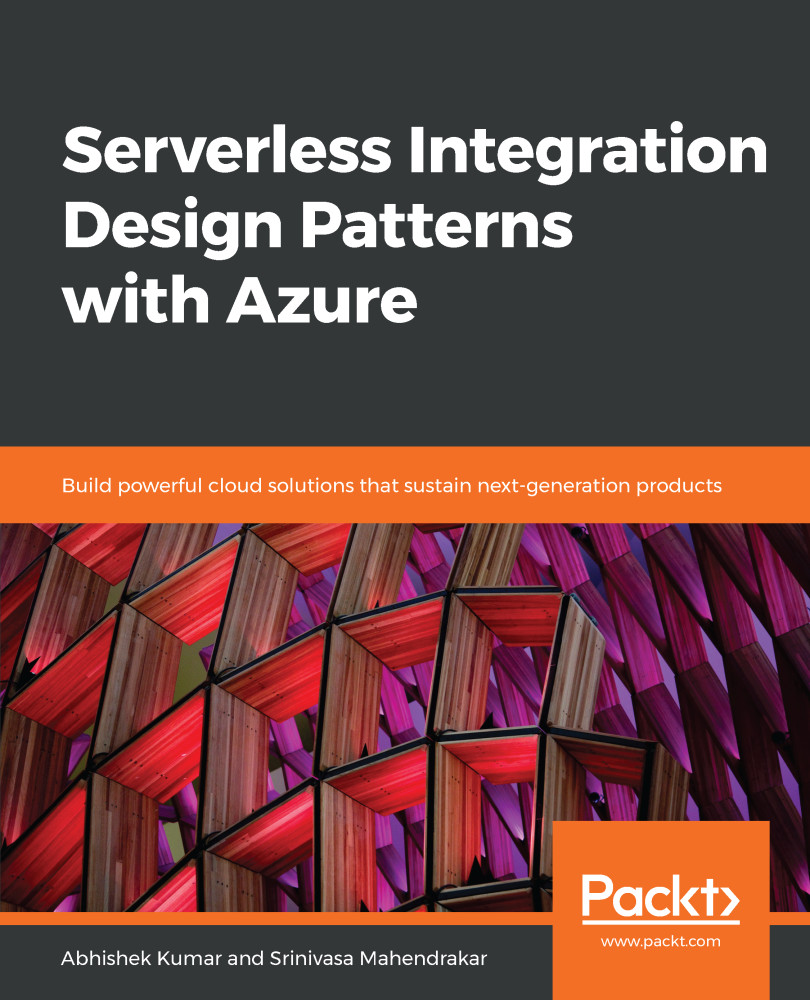Brett Hofer, in one of his posts, The Art of DevOps: An Introduction to Landscape, provides some great insight on DevOps:
"What are we fighting for here? Ultimately, we're fighting for the absolute best services and features that we can deliver to our customers as quickly as we possibly can, and to eliminate the "War Room" scenario we are all so familiar with."
The preceding statement gives us a pretty clear interpretation of the benefits of DevOps—it offers value for enterprises and value for customers. Here are some of the key benefits of DevOps:
- DevOps implementation is an agile principle that enables enterprises to remain competitive in the market with optimal time-to-market delivery of products and services. This helps development teams to release changes on the fly with minimal impact to other running services.
- DevOps...


